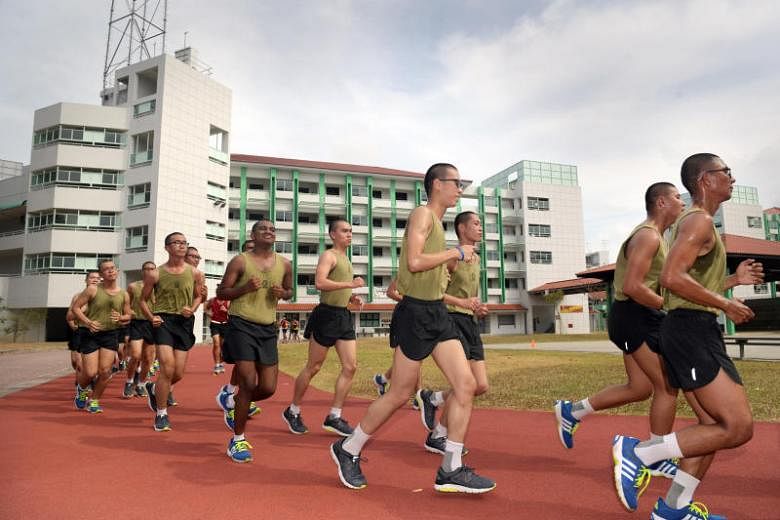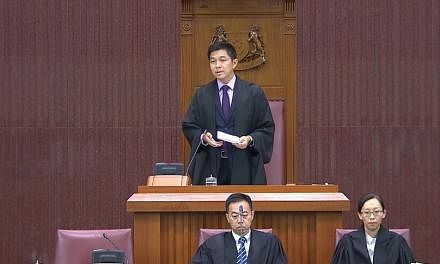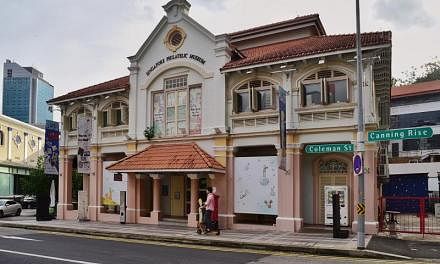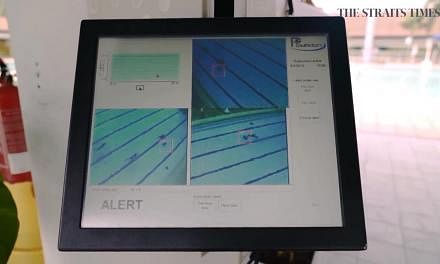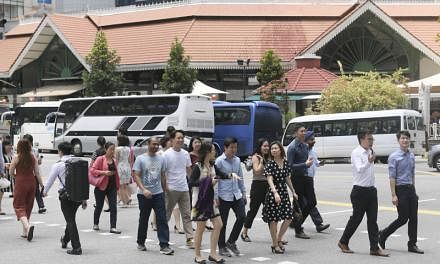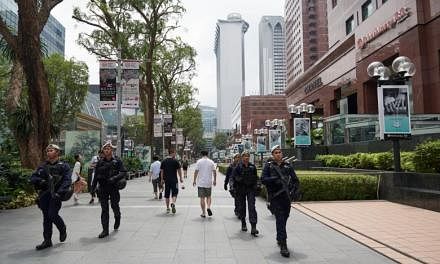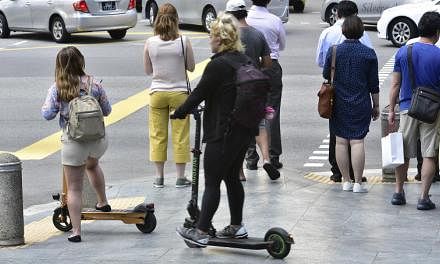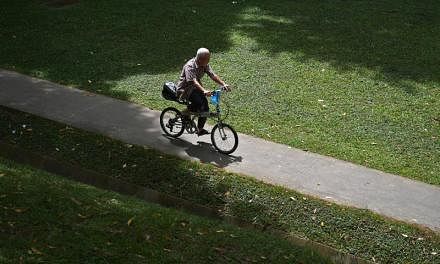SINGAPORE - All recruits going through basic military training will have to attend an information literacy workshop, to teach them how to deal with fake news and deliberate online falsehoods, said Senior Minister of State for Defence Maliki Osman on Friday (March 1).
He said that in the current age of the Internet and social media, the resilience of Singaporeans will be tested through attacks from the digital front, which have hit both Singapore and other countries, resulting in serious real-world consequences.
In his speech during the debate on his ministry's budget, Dr Maliki stressed the need for digital defence, which was added as a pillar to the Total Defence framework last month.
He called the digital front the "new battlefront", because of how reliant people have become on digital technology to communicate and consume information.
"Our connectivity opens us to threats from the digital domain, which will confront and define this generation," he said.
"Many of the digital dangers show that complacency, ignorance or negligence on the part of individuals could pave the way for an attack with disastrous consequences," he said, adding that every individual is at the forefront of digital defence.
He also noted that Singapore has one of the highest levels of Internet penetration in the world, and people here spent an average of two hours daily on social media, according to a study done by media company We Are Social last year.
While the Ministry of Defence (Mindef) is working with the National Library Board to bring the workshop to recruits, Singapore Armed Forces and Mindef servicemen and employees will also be taught about hostile information campaigns and fake news.
"We hope that collectively, these efforts will help our servicemen better understand the role of fake news in modern warfare, the steps they can take in response, and strengthen cyber hygiene as a whole."
Dr Maliki said the riots that broke out recently at a Hindu temple in Subang Jaya, Malaysia, showed how the spread of rumours via social media overnight could fan the flames of racial tensions.
He also cited a 2007 attack on Estonia, which caused online services of banks, media outlets and government to be shut down, and the SingHealth breach in June last year, where personal details of 1.5 million patients were stolen.
Fake news has also been spread on a range of matters, from plastic rice to "halal pork'' and false accounts of incidents that could inflame xenophobia and communalism and puncture social harmony, he said.
Mindef has been working with other government agencies, said Dr Maliki, as part of a "whole-of-nation" effort against digital threats.
Government bodies such as the Ministry of Communications and Information, the Cyber Security Agency and the Infocomm Media Development Authority have programmes to teach individuals, businesses and the community to be secure, alert and responsible online, he added.
